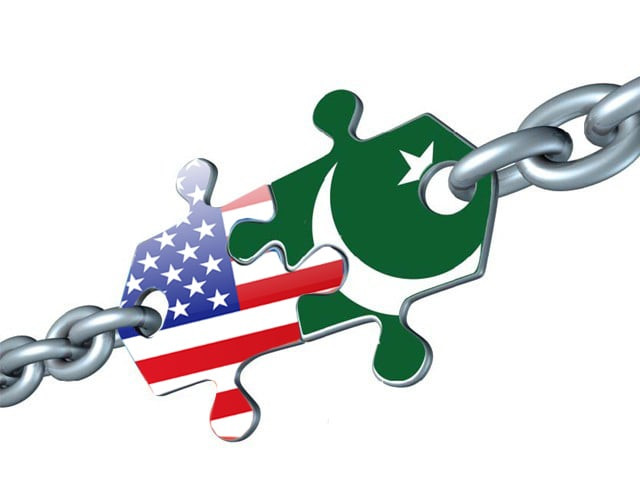Parliament gets to decide — finally
Perhaps, next to follow should be country’s policy with India, where much could be done.
In finally passing the Parliamentary Committee on National Security (PCNS) recommendations on resetting ties with the US, our lawmakers have asserted their authority in directing the future of our foreign policy. This needs to be warmly welcomed because — at least on the face of it — foreign policy (or significant parts of it) seems to have been extracted from the preserve of the GHQ and has been formulated by parliament. This is good in itself because it, at the very least, signals that for once the legislature is determining, perhaps the most important of the country’s bilateral relationships with a foreign power. The revised PCNS proposals represent a bold attempt to change the power balance between Pakistan and the US by calling for a halt to drone attacks and refusing to allow Pakistani airspace to be used by the US. That said, the proof of the pudding, so to speak, will lie in its eating, as in the extent to which America abides by them — especially with regard to the bete noire of the Pakistani public, drone attacks. On matters where the government coalition and the opposition parties could reach no agreement, they simply ignored the matter and left it to the executive to make a decision. Such was the case in the hotly-disputed matter of the resumption of Nato supplies. By passing the buck to the executive, the opposition parties have provided themselves cover should the transportation of supplies resume and anything untoward happens.
Even if these proposals are never fully implemented, the hope is that it sets a precedent for the future, where our elected representatives have a say in the conduct of foreign policy. Previously, the US has simply ignored parliament in its negotiations with Pakistan; now it may have to take into account the views of those who should be responsible for formulating laws in the country. That is a welcome development and does, in fact, suggest that the days where foreign policy was the exclusive preserve of the men in khaki may be gone forever, with elected civilians asserting themselves more. Perhaps, next to follow should be the country’s policy with India, where much could be done if a decision was made to break from the past.
Published in The Express Tribune, April 14th, 2012.















COMMENTS
Comments are moderated and generally will be posted if they are on-topic and not abusive.
For more information, please see our Comments FAQ